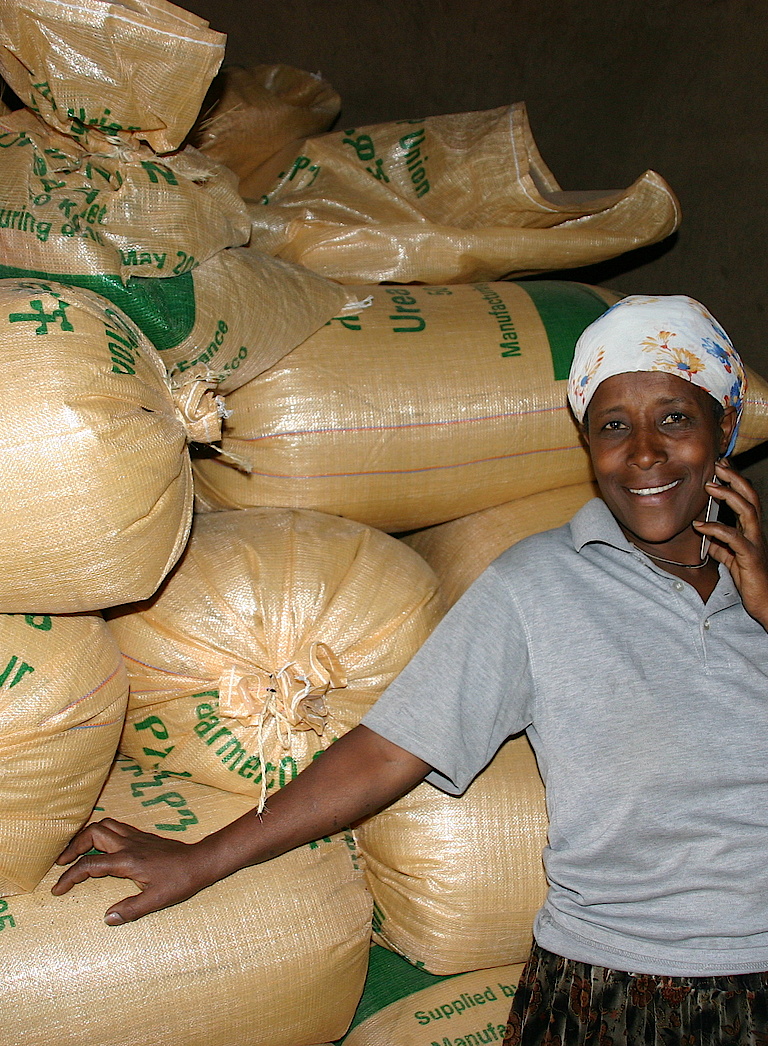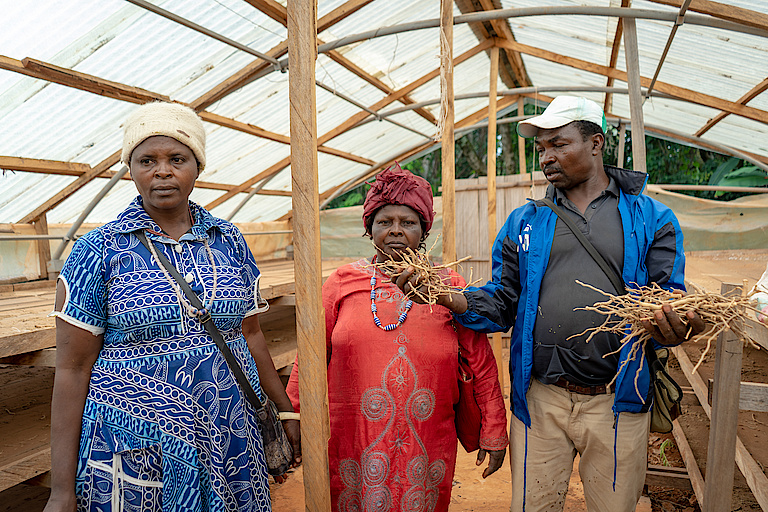Genetic resources are used by different market sectors to develop products that contribute to human well-being and constitute a large part of the world economy. Among the most important sectors are the pharmaceutical and cosmetic industries, along with biotechnology, agriculture and horticulture. The products range from medical drugs and skin lotion to improved staple crops.
The sectors use genetic resources in different ways, but all benefit from the Nagoya Protocol on ABS as it provides legal certainty for their businesses: clear and transparent procedures for access to genetic resources and associated traditional knowledge in exchange for the fair and equitable sharing of benefits. This “exchange” is the backbone of ABS-compliant value chains. They link the private sector, stakeholders from research and development, governments and indigenous peoples and local communities.
In general, the private companies rely on constant access to raw materials. From bioprospecting for genetic resources and the use of the associated traditional knowledge to the development and marketing of the resulting products, the value chains generate monetary or non-monetary benefits that can contribute to the conservation of biodiversity and improve the livelihoods of rural populations.
In this regard, ABS-compliant value chains create win-win-win situations for providers of genetic resources, users of genetic resources and, ultimately, for biodiversity and sustainable development.
More on BioTrade and ABS here
More on specific value chains we are working on here

